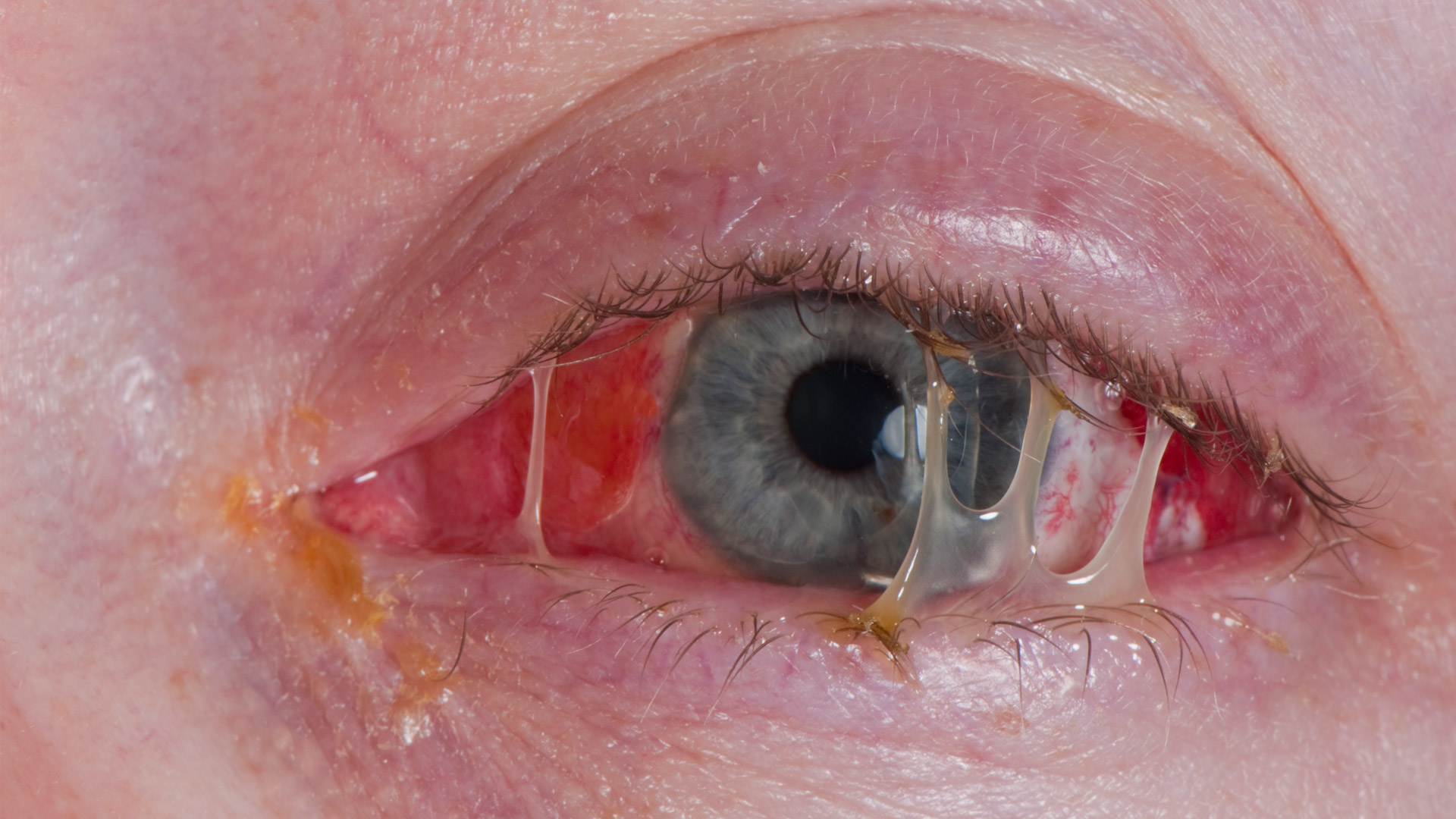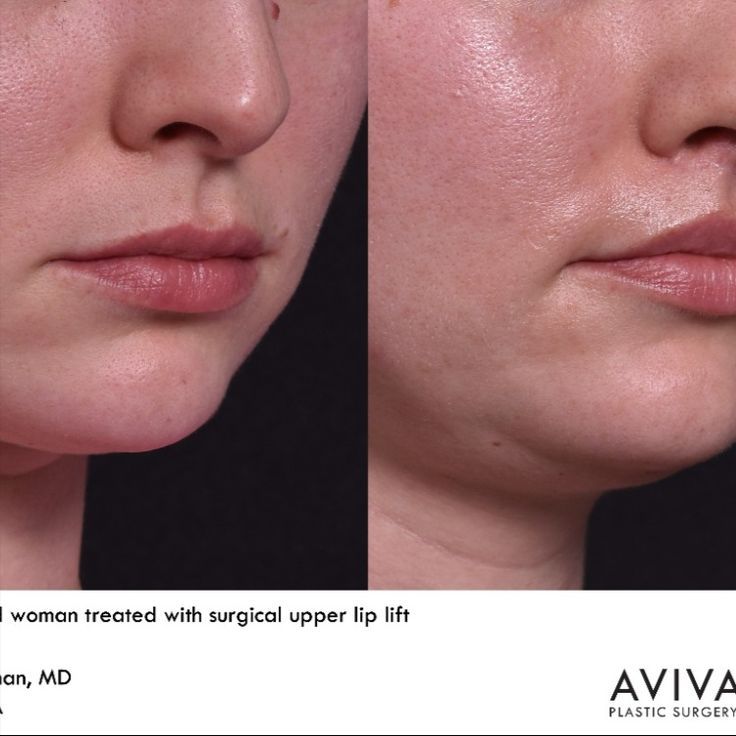
If you are considering undergoing facial implant surgery, you should first know what you can expect from the procedure. Find out about the recovery, incisions and recommended surgeon. This procedure can be risky. The New York Plastic Surgical Group offers expert facial-implant surgery.
Recovery after facial implant surgery
The patient should rest after the procedure. There will be some swelling andbruising after the procedure. They should avoid strenuous activities the first 2 weeks. They will also have a dressing on the incision. The initial recovery time depends on the type of procedure performed and the pain medication used. The full recovery time is usually about three to four months.
In-office or in-hospital facial implant surgery is possible. General anesthesia will be used to put the patient under general anesthesia. The surgeon will make incisions inside the mouth and lower lips. The incision will be closed with sutures, and the patient may have bandaging and taping to minimize the swelling. The sutures need to be taken out seven to ten business days after surgery.

During recovery, patients should rest in the recovery rooms until they feel awake and their vitals are stable. It is not uncommon to have a sore or sore throat after facial implants surgery. However, it is usually temporary. Any discomfort should be reported to their care team. While most facial procedures can be performed outpatiently, it is important that patients have someone to drive home. Patients should have someone to stay with them for the first night.
Facial implant surgery requires incisions
The type of facial implant and the location it will be placed depend on which incisions are used. An incision is made to place cheek implants through the mouth, under the lower lip or below the chin. They are secured in place with sutures and may also be held in place by metal screws. The stitches usually dissolve after about ten days.
Facial implants are performed in the mouth. Incisions are often wrapped in bandages. You will be given specific instructions by your surgeon on how to care. He will tell you when you should return for follow up appointments. You may feel a little bit numb for several days after the surgery.
This procedure involves the placement of synthetic materials underneath the subcutaneous tissue and onto bone. Facial implants can be made from many materials, with new advances in material science opening up new options every year. Even though some patients prefer injectables fillers, facial implant surgery is a tried-and-true permanent option that produces natural-looking results. You should be in good physical condition and not have any other serious conditions before you consider facial implant surgery. Also, you should have realistic expectations about the outcome.

Recommendations to a surgeon for facial implant surgery
A holistic approach to cosmetic surgery of the facial area is necessary. This means the surgeon must assess the patient's emotional state before the procedure and determine whether they will tolerate the procedure. Nervousness about the procedure can cause problems. The surgeon will assess the patient's facial features and chin before performing the procedure to determine if there are any risks. For example, the patient may have high blood pressure or a history of scarring. Other risk factors include smoking and blood clotting, which can lead to complications.
The recovery time following facial implant surgery is different. In most cases, it is performed as an outpatient procedure. However, patients should be prepared for some swelling and bleeding for up to a week following surgery. Patients may need to wear braces while they sleep to prevent more swelling. After the procedure, the surgeon can give you specific instructions regarding your oral hygiene as well as the diet.